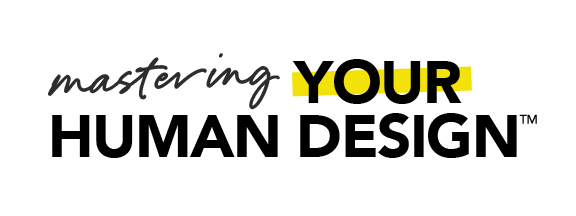What kind of leader are you?
Becoming a leader is a tricky process. Becoming the leader you are uniquely designed to be is next-level.
My first leadership experience was at the age of 24. I was at Oracle, and we had our first-ever financial loss. The stock hit the skids and we entered a period of urgent transformation. I had previously proven myself to be very effective at business process re-engineering (systemic thinker here), and inherited a 42-person non-technical support organization spread out across the country. My job was to centralize them and set up standard operating procedures to become more effective and efficient.
I loved the role (at first) — I am very good at transformation, especially in times of chaos. I have a knack for pathfinding, for intuiting the through-line from confusion and disarray to elegance and flow.
Within nine months the organization was operating smoothly and seamlessly, and I found that I was bored. I mean, seriously bored. Which left me feeling uninspired. I found that the issues people brought to me irritated me — to my mind, they were small and petty, instead of big and challenging.
It's not that the "small and petty" issues weren't important — they were — it's just that they weren't the sort of problems I enjoyed solving, which started making me feel resentful because I wanted to work on things that would stimulate my creativity and intellectual problem-solving.
I'm selfish in that way — that was, in fact, one of my most empowering discoveries on the journey to becoming the leader I'm designed to be.
On the surface, I appear to be the kind of leader who would love to be out in front, inspiring and leading large organizations. I'm dynamic, I have the "gift of gab", and I appear extremely extroverted and social. I'm also a systems thinker and super strategic and efficient in problem-solving, especially when chaos and complexity are involved.
But I hate leading.
For me, leading a large organization is stifling. It taxes my feelings of freedom and agility, which then taxes my creativity.
For a long time I couldn't make sense of why I appeared built with all the faculties and gifts to lead in one way, yet that particular way of leading left me feeling dull, lifeless, and miserable.
And then I met my Leadership Codes through the tools of Human Design and the Gene Keys, and it all made sense.
I have the channels of Charisma (twice), Transformation, Maturation, and Logic. I also have the life theme of Ambition, the Personality 4-line of a Networker, Tribal circuitry, and the energy of a Manifesting Generator. Together, these qualities make me an ideal CEO and large, hairy problem-solver — truly.
But I also have the channels of Awakening and Exploration and the circuitry of Individuality and Empowerment. These require enormous amounts of freedom and solitude, and they can often feel like they're in conflict with (or at least stark contrast against) the status quo (because, well, they kind of are).
When I first met my leadership codes, it was both a release and a relief. I was finally able to let go of the guilt inside that I was not living up to my potential using my leadership gifts to pursue a traditional role in "leadership." I finally understood how, after leading that 42-person organization to calm and clarity, I started feeling like the leadership role I embodied was a direct assault against the more natural leader I am most comfortable being — a thought leader and a thought partner to leaders who ARE leading others more directly.
As we wrestle with our own paths of leadership, it's way too easy to get caught up in other people's definitions of "what it means to be a leader." It can also be truly painful and soul-sucking playing a leadership role that doesn't reflect your true nature, your highest gifts, your deepest sensibilities.
Fake leaders use someone else's playbook for leading, and it usually involves hiding their fears, disappointments, and failures, and leading with "bravado" and a whole bunch of platitudes.
Great leaders lead from a place of personal truth and vulnerability. They connect through their humanity to the greater whole — whether they lead through ideas (thought leaders like me) or stewardship (people leaders like you).
Whichever kind of leader you are, and wherever you are in you leadership journey, it is your duty to lead authentically — as an integrated human being that leaves no part out. Only then will you inspire others — and make it safe for them to do the same.
